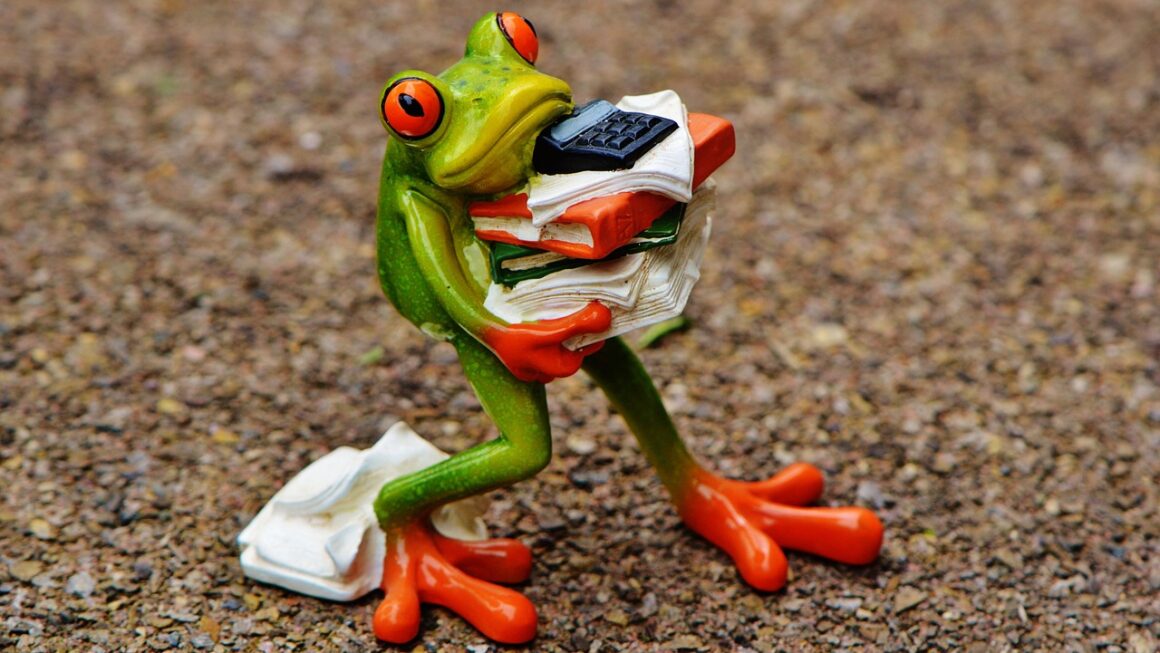Teamwork isn’t just a buzzword; it’s the bedrock of successful projects, innovative breakthroughs, and a thriving workplace. In today’s interconnected world, the ability to collaborate effectively is a highly valued skill. Whether you’re part of a small startup or a large corporation, honing your teamwork skills is crucial for achieving shared goals and advancing your career. This guide delves into the essential elements of effective teamwork, providing practical strategies and insights to help you become a valuable team player.
The Power of Collaboration: Why Teamwork Matters
Enhanced Productivity and Efficiency
Teamwork amplifies individual efforts, leading to increased productivity. When individuals combine their skills and knowledge, tasks can be completed more efficiently.
- Example: Instead of one person handling all aspects of a marketing campaign, a team can divide responsibilities: one focuses on content creation, another on social media, and another on data analysis. This specialization speeds up the entire process.
- Data: Studies show that teams outperform individuals by 20-30% when problem-solving, according to research by the Harvard Business Review.
Diverse Perspectives and Innovation
A diverse team brings a multitude of perspectives, fostering creativity and innovation.
- Example: Imagine a product development team composed of engineers, designers, and marketers. Their combined insights from different fields can lead to groundbreaking solutions.
- Actionable Takeaway: Actively solicit input from all team members, valuing diverse viewpoints to spark innovation.
Improved Problem-Solving
Teamwork allows for a more comprehensive approach to problem-solving. Different team members can contribute unique skills and insights, leading to more effective solutions.
- Example: During a crisis, a team can brainstorm multiple strategies simultaneously, assigning individuals to research and test each option. This approach minimizes risks and maximizes the chance of finding the best solution.
- Tip: Establish clear protocols for problem-solving within the team, including defined roles and communication channels.
Essential Skills for Effective Teamwork
Communication Skills
Clear, concise, and empathetic communication is the cornerstone of successful teamwork.
- Active Listening: Paying attention to and understanding what others are saying.
- Verbal Communication: Expressing ideas clearly and confidently.
- Written Communication: Crafting emails, reports, and other documents effectively.
- Non-Verbal Communication: Being aware of body language and tone of voice.
- Example: Instead of simply stating your opinion, try framing it as a question to encourage discussion and understanding. For example, “I’m considering this approach. What are your thoughts and potential concerns?”
- Actionable Takeaway: Practice active listening and seek clarification when needed to avoid misunderstandings.
Conflict Resolution
Disagreements are inevitable in any team, but the ability to resolve conflicts constructively is crucial.
- Identifying the Root Cause: Understanding the underlying issues that are causing conflict.
- Mediation: Facilitating discussions to help team members find common ground.
- Compromise: Being willing to make concessions to reach a mutually agreeable solution.
- Example: Instead of assigning blame, focus on identifying solutions. For instance, “Let’s focus on what we can learn from this situation and how we can prevent it from happening again.”
- Tip: Establish clear guidelines for conflict resolution within the team, including steps for escalation if necessary.
Adaptability and Flexibility
Being adaptable and flexible is essential for navigating changing circumstances and unexpected challenges.
- Embracing Change: Being open to new ideas and approaches.
- Adjusting Plans: Being able to modify plans and strategies as needed.
- Supporting Others: Being willing to help team members who are struggling.
- Example: If a team member is struggling with a task, offer your assistance or expertise. This demonstrates your commitment to the team’s success and fosters a supportive environment.
- Actionable Takeaway: Cultivate a mindset of continuous learning and be willing to adapt to new situations.
Building a High-Performing Team
Setting Clear Goals and Expectations
Clearly defined goals and expectations provide direction and motivation for the team.
- SMART Goals: Goals that are Specific, Measurable, Achievable, Relevant, and Time-bound.
- Defined Roles: Clearly outlining each team member’s responsibilities.
- Regular Check-ins: Monitoring progress and providing feedback.
- Example: Use project management tools to track progress, assign tasks, and communicate deadlines. Regular team meetings can also help ensure everyone is on the same page.
- Tip: Involve the team in the goal-setting process to foster a sense of ownership and commitment.
Fostering a Culture of Trust and Respect
Trust and respect are the foundation of a high-performing team.
- Open Communication: Creating an environment where team members feel comfortable sharing ideas and concerns.
- Mutual Support: Encouraging team members to support each other.
- Recognition: Acknowledging and celebrating team successes.
- Example: Encourage team members to provide constructive feedback to each other and recognize contributions. A simple “thank you” can go a long way in building trust and respect.
- Actionable Takeaway: Lead by example by demonstrating trust, respect, and empathy in your interactions with team members.
Leveraging Technology for Collaboration
Technology can facilitate communication, collaboration, and project management.
- Project Management Tools: Tools like Asana, Trello, and Jira can help teams track progress, assign tasks, and manage deadlines.
- Communication Platforms: Tools like Slack, Microsoft Teams, and Zoom can facilitate real-time communication and collaboration.
- Document Sharing Platforms: Tools like Google Drive and Dropbox can facilitate the sharing and collaboration of documents and files.
- Example: Implement a central communication platform for the team to ensure everyone stays informed and connected. Utilize project management tools to streamline workflows and track progress.
- Tip: Choose tools that are user-friendly and integrate seamlessly with existing workflows.
Overcoming Common Teamwork Challenges
Lack of Communication
Poor communication can lead to misunderstandings, delays, and conflicts.
- Solution: Establish clear communication protocols, encourage active listening, and use technology to facilitate communication.
- Example: Implement daily stand-up meetings to keep everyone informed of progress and any roadblocks.
Conflicting Personalities
Personality clashes can disrupt team dynamics and hinder productivity.
- Solution: Encourage empathy and understanding, facilitate open communication, and mediate conflicts.
- Example: Facilitate team-building activities to help team members get to know each other better and build rapport.
Unequal Contribution
When some team members are not pulling their weight, it can lead to resentment and decreased productivity.
- Solution: Clearly define roles and responsibilities, monitor progress, and provide feedback.
- Example: Use project management tools to track individual contributions and identify any areas where team members may need additional support.
Conclusion
Mastering teamwork skills is an investment in your personal and professional growth. By embracing effective communication, conflict resolution, and adaptability, you can become a valuable asset to any team. Remember that building a high-performing team requires clear goals, a culture of trust and respect, and the strategic use of technology. By focusing on these key elements, you can unlock the power of collaboration and achieve remarkable results.




